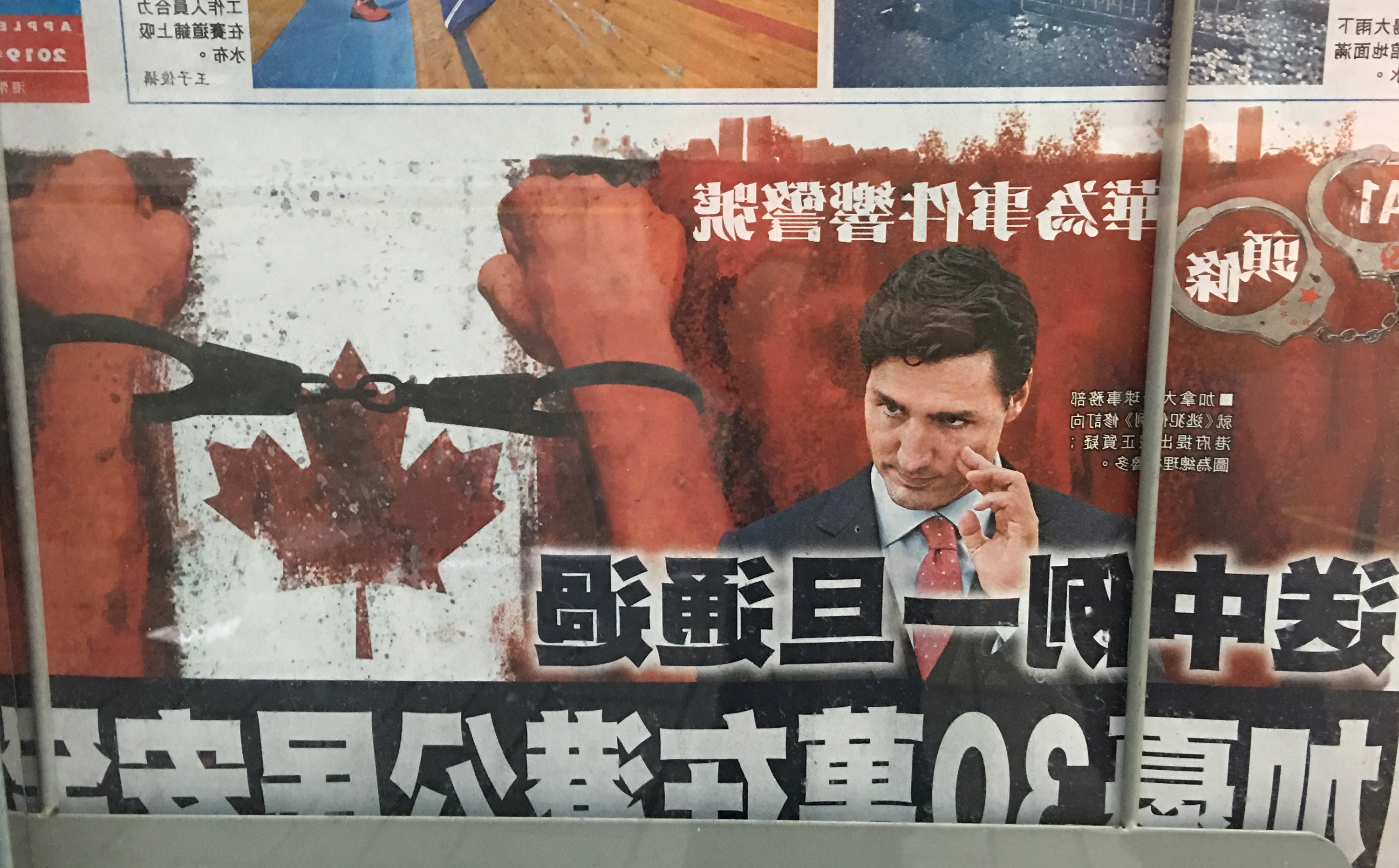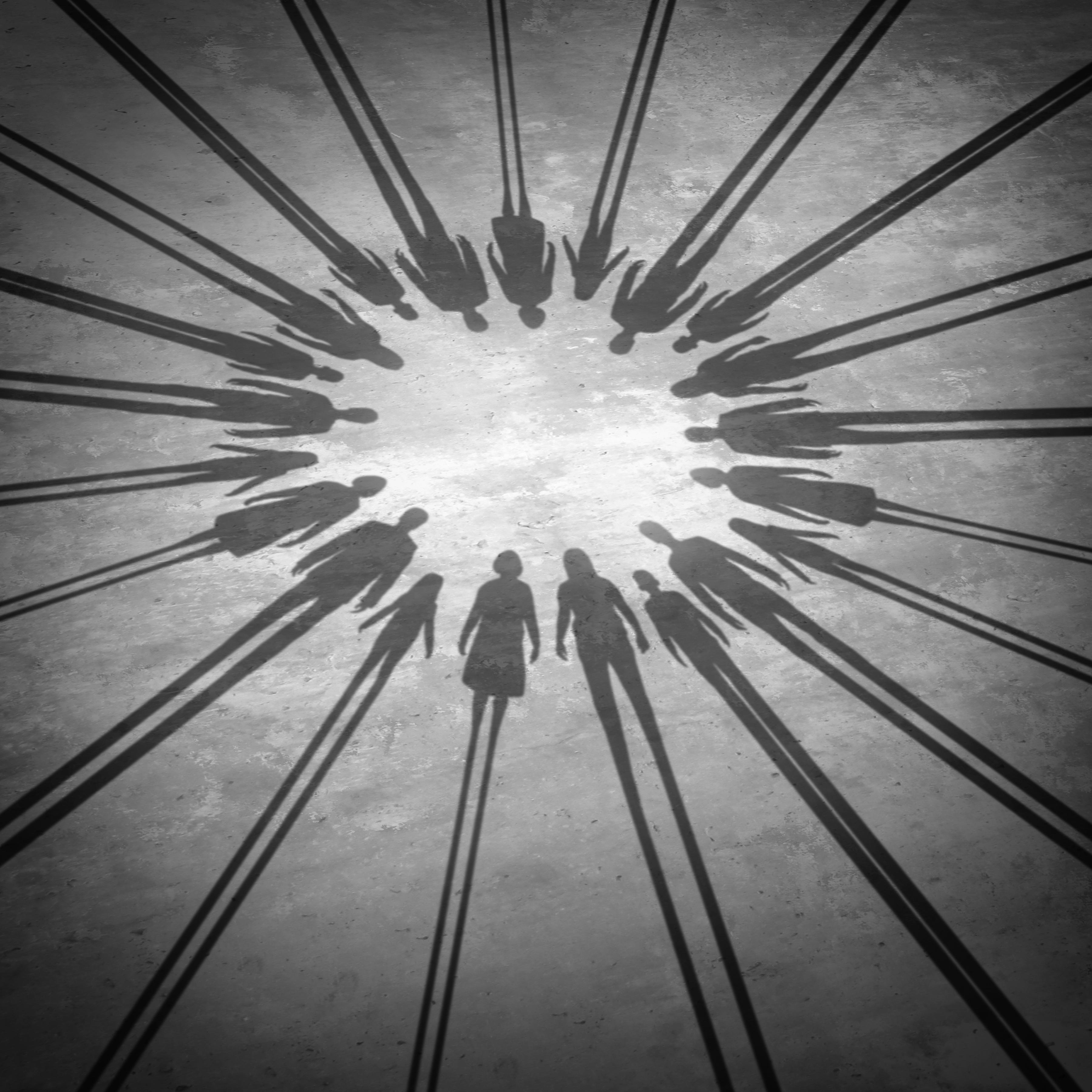By Alexandru Bălășescu | Hong Kong
On 20 April, barely a week into settling in Hong Kong, my attention was captured by the front page of a local newspaper, featuring a photo-collage with a handcuffed wrist and Trudeau on the background of the Chinese and Canadian flags (see photo). But without understanding the writing, the meaning was anybody’s guess.
Mine was that it was related to the arrest of Mrs. Meng, the CFO of Huawei in Canada (because I was coming from Vancouver, where I had spent the prior 5 years). I sent the picture back to my friends in Canada, and one of the answers was: “It’s funny to see Trudeau as bad boy.” I also asked for a translation, and it seemed that the intention was to portray Trudeau rather as a sad boy, caught in the possible conundrum that the now-infamous Hong Kong extradition bill would generate.






